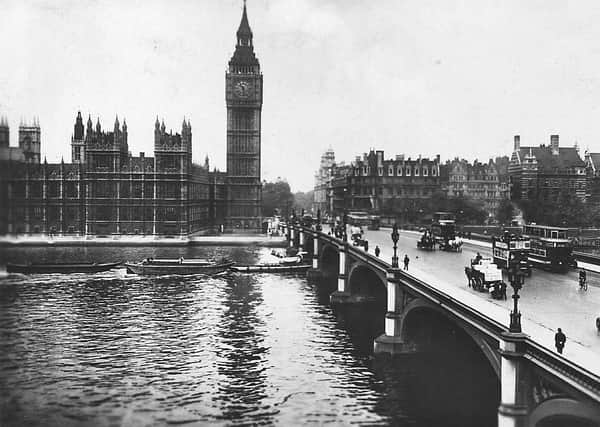THROUGH THE ARCHIVES: Select committee hears witness evidence concerning Sunday closing bill


The select committee appointed in the House of Commons “to inquire” into the merits of the Sunday Closing Bill which had been brought before the Commons by Mr R Smyth for “the total closing of public houses on Sunday” met again this week in 1877 reported the News Letter.
Mr Duignan of the Brassfounders’ Association appeared before the committee to give evidence having been selected by a body of some 4,000 workmen.
Advertisement
Advertisement
He was questioned by Sir Michael Hicks-Beach who he told that at least five-sixths of the men that he represented were against Sunday closing but he added that it was his understanding that there would likely be no opposition to shortening the hours that public houses could open on a Sunday.
He said: “There is a general feeling that, if public houses were closed, drinking would be carried on in illicit houses and it thought that the police should have more powers in dealing with such traffic.”
Mr Duignan continued to tell the select committee how boys were “always kept on watch” at such drinking houses and that “three shrill whistles” were the signal for when the police were approaching.
He added that legislation should also be considered for the “evil” of Saturday drinking among the working class and he suggested that public houses should only be allowed to remain open until nine o’clock.
Mr Duignan said: “As a class, the wives of the working class are virtuous, well-conducted and religious, and their home influence on their husbands would be in favour of sobriety.”